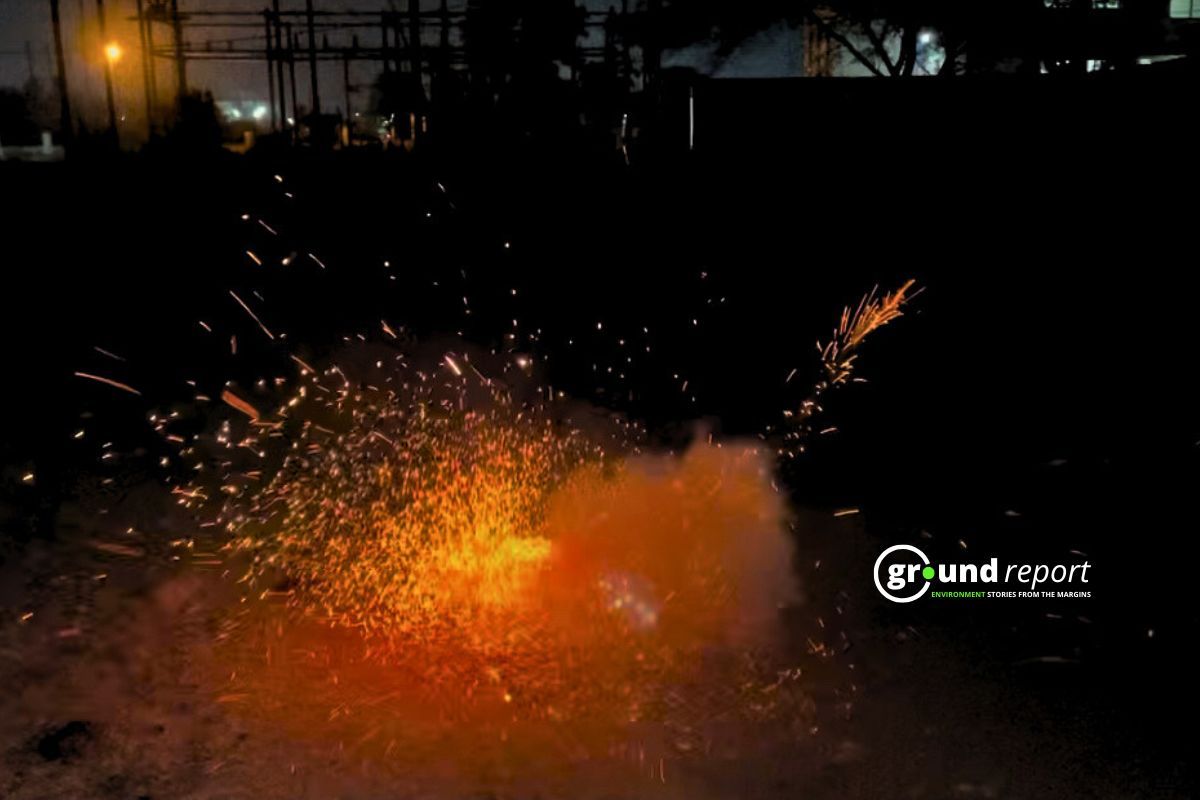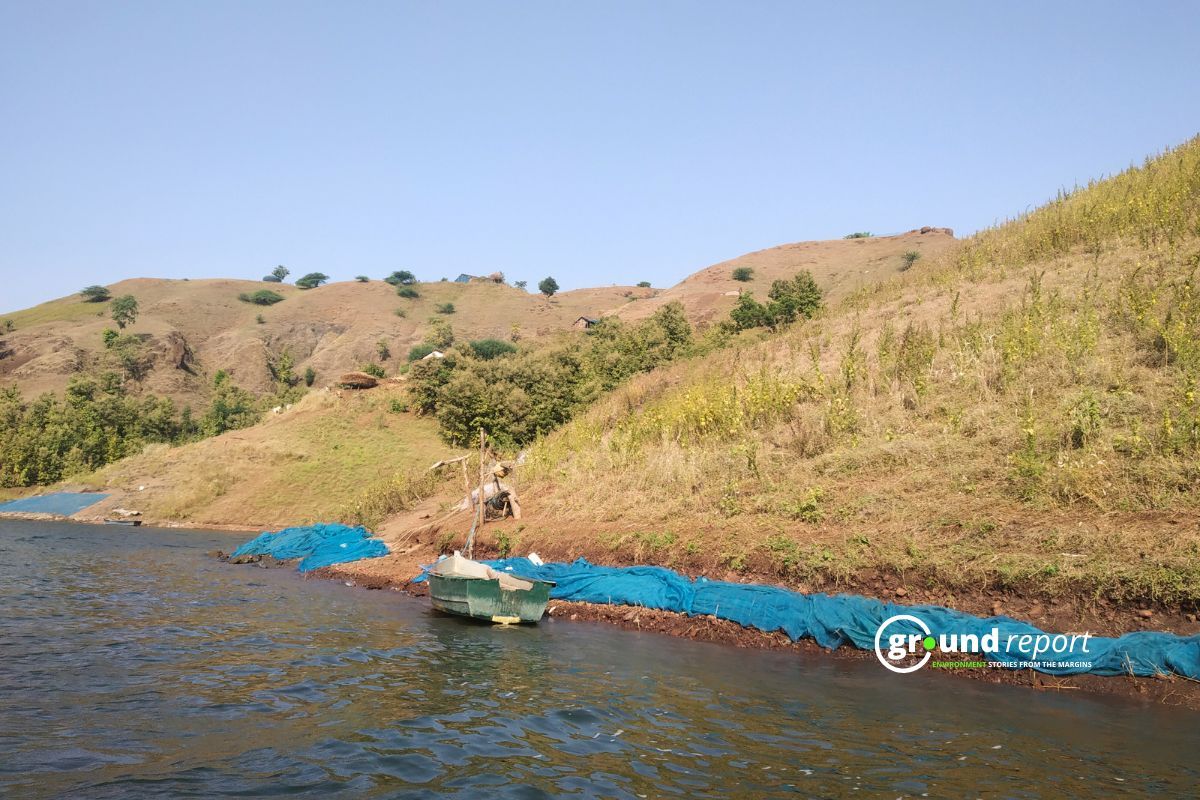Subhadra Parmar of Bhauri village says that no one in her house has eaten properly for many days. The recently announced ethane cracker factory in the Ashta Tehsil of Sehore district, Madhya Pradesh, has become a point of great friction between the government and the farmers in the area. Many women, including Subhadra Parmar, tried hanging themselves in front of government officials as a sign of protest.
She says, “What should we do if we don’t hang ourselves? This land is everything to us, if this land goes away then what will we eat? We will not let this factory be set up in our village under any circumstances.”
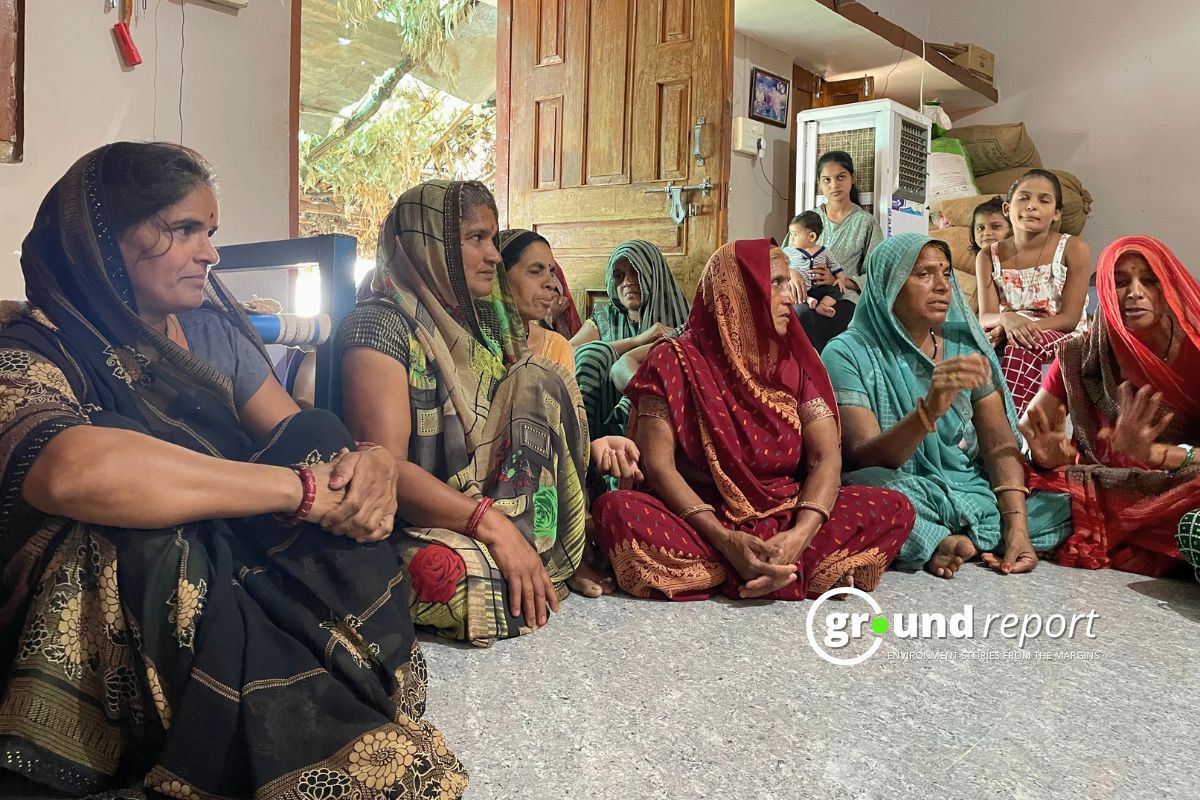
Mostly, the petrochemical plants are set up on the seashore. This is the first plant to be set up in a landlocked state. Villagers claim that there is no clear communication from the authorities. A few weeks ago, the officials visited the proposed site with law enforcement officials, further exacerbating the villagers’ doubts. For the project, approximately 700 hectares of land are required. Some 470 hectares of government land in Bager, Bhaunri, Bapcha Daunia and Arnia Daud are available. And, as suggested, the rest would be the villagers’ agricultural land.
The farmers have come out strongly against the factory’s establishment near the villages. Rajendra of Bager village says, ‘This land is our mother. This land will always be with us. It will ensure that no matter what happens tomorrow, our children will not die of hunger.’
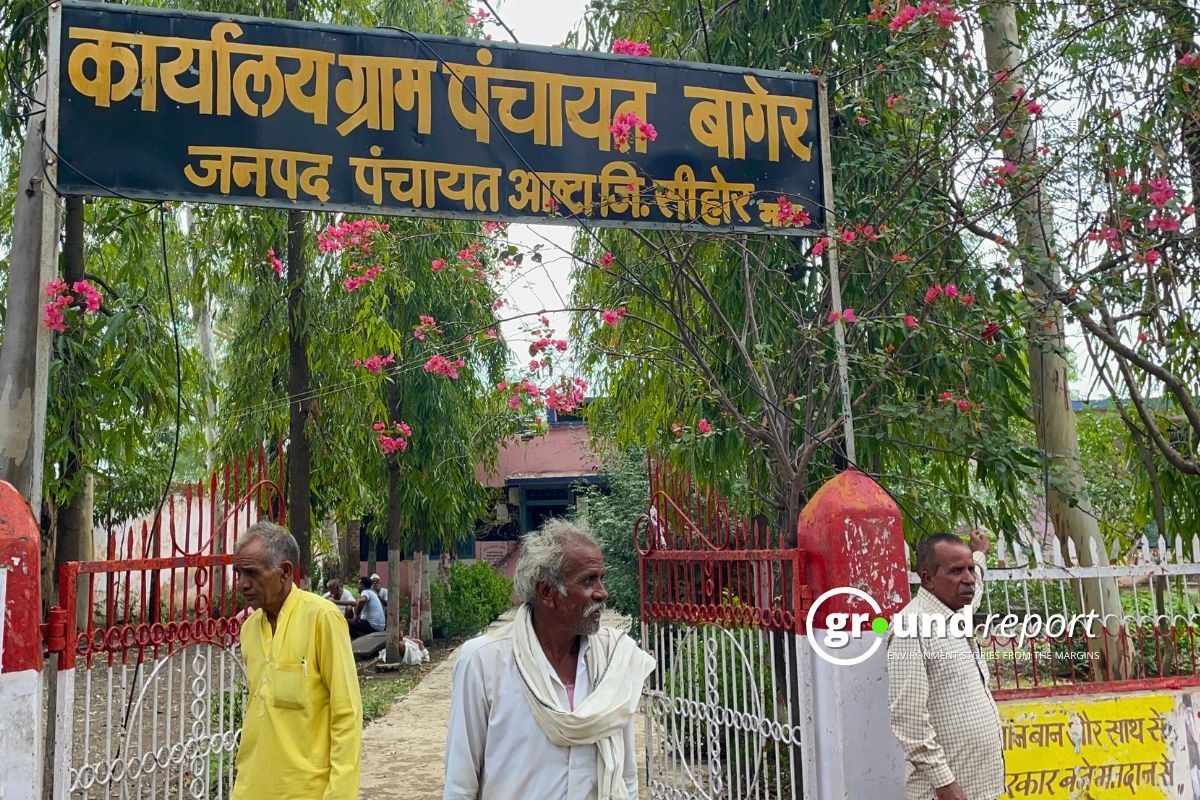
The single largest investment in MP
GAIL India Limited’s proposed plant of 1500 KTA capacity, with a Rs 60,000 crore investment, is expected to start production in 2030–31. With the single largest investment in MP and the largest ethane cracker plant in the country, the petrochemical plant will produce pellets to make plastic products. The plant would produce ethylene by breaking the molecular bonds of the natural gas component ethane using extreme heat, to provide raw material (LLDPE, ETDPE, MEG and propylene) in the form of resin or pellets to make plastic products.
Chief Minister Mohan Yadav approved this project on June 7th after meeting top officials of GAIL India in Delhi. CM further added,
“This project will lead to rapid industrialization in Madhya Pradesh.”
Reportedly, the groundbreaking ceremony will happen in February 2025.
Interestingly, GAIL had considered setting up this plant near its 5 MTPA Liquefied Natural Gas (LNG) plant in Aurangabad or Dabhol in Maharashtra. But later, it was decided on Madhya Pradesh. Currently, Reliance Industries is the only Indian entity operating ethane crackers at Dahej, Hazira (Gujarat) and Nagothane (Maharashtra).
We don’t want jobs
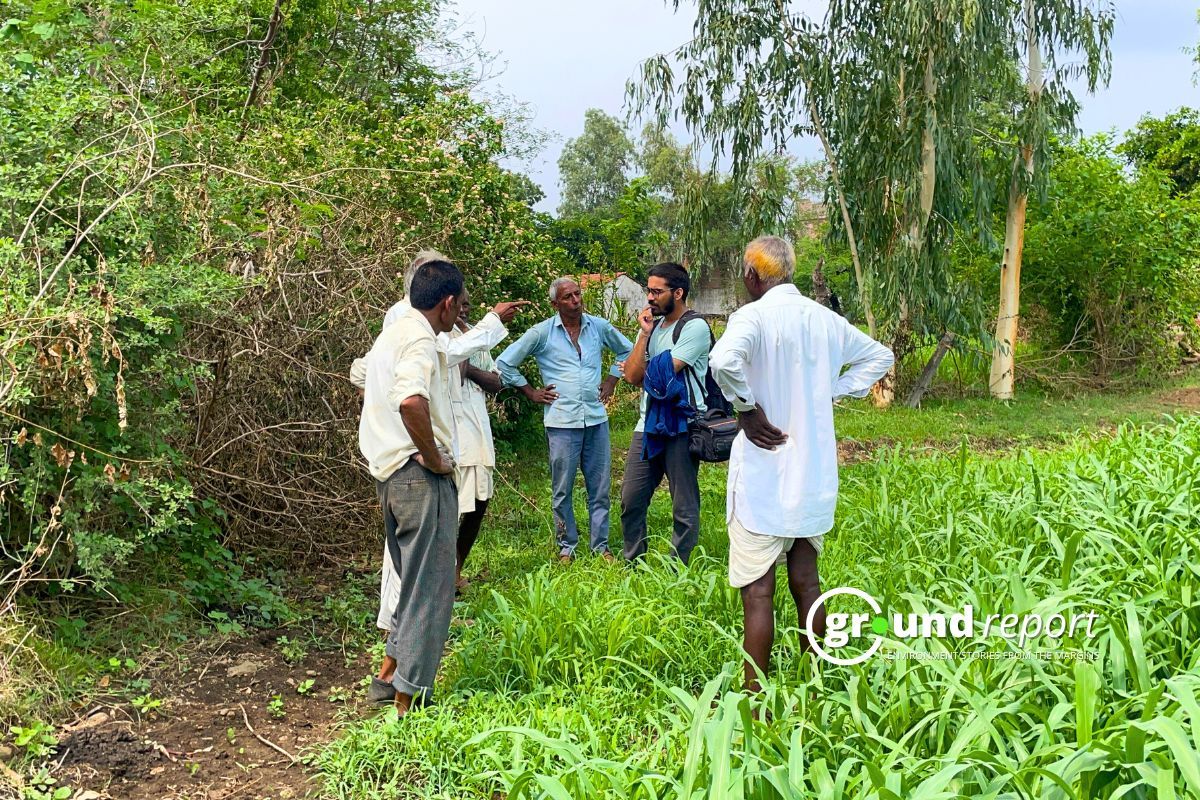
An elderly farmer of Bager pleads,
“Saab, just save our land… even if we get compensation, the money will be over in a few years. We are safe if we have land.”
Most farmers are small and marginal, owning only two to four acres of land. Apart from being a source of income, the land is also their safety net. Farmers say, even if the government gives them four times the market rate, i.e. Rs 8 lakh per acre, they will not sell their land.
Another incentive claimed to be offered is jobs. Approximately 15000 people will get employment during the plant’s construction and 5600 people during production. However, villagers aren’t much lured by these jobs. They say there is already an L&T plant in our village. But here, outsiders come and work.“Our land is being snatched from us by luring us with jobs. We will not let this happen at any cost.”
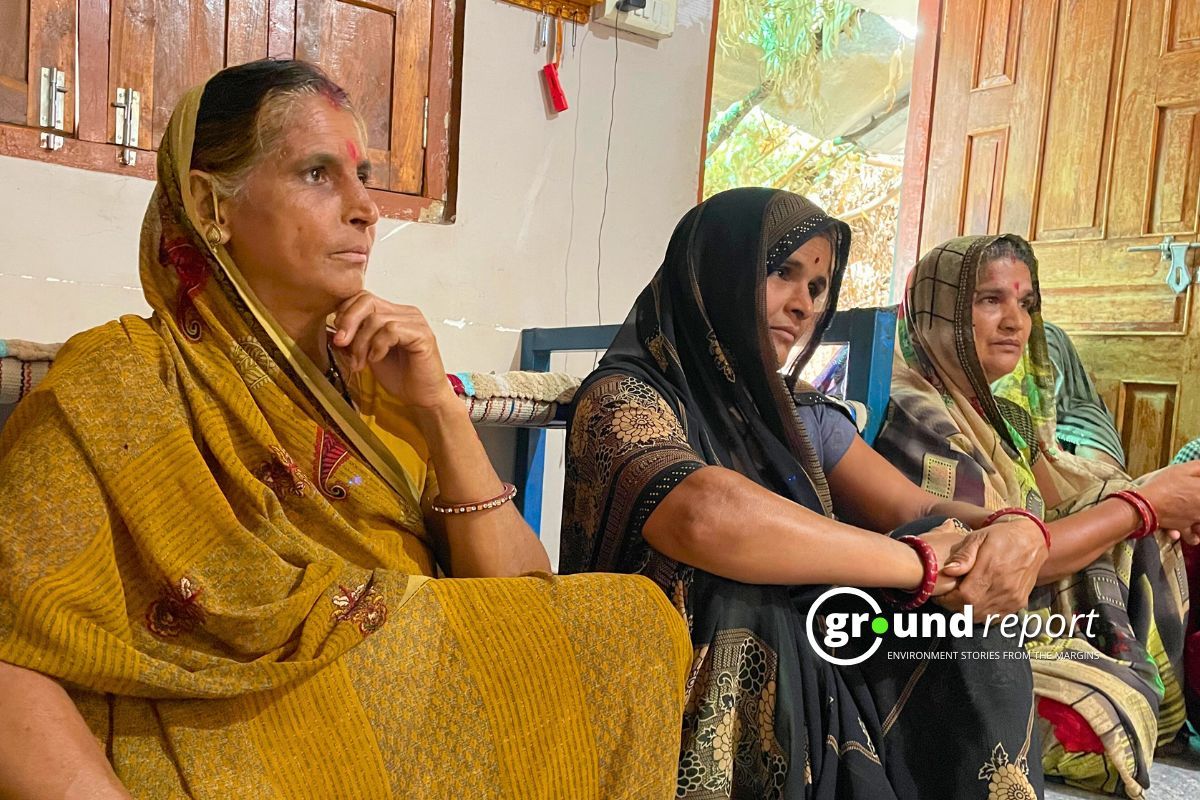
Subhadra says, “We are not educated enough to go to work in a factory. Today we have land, so we women can raise our children with its help.”
The villagers, through the farmers’ union, have reached out to the district collector, and state assembly representatives. As per the Kisan Sangh, the collector has assured them to look into the matter and ensure that their private agriculture will not be acquired.
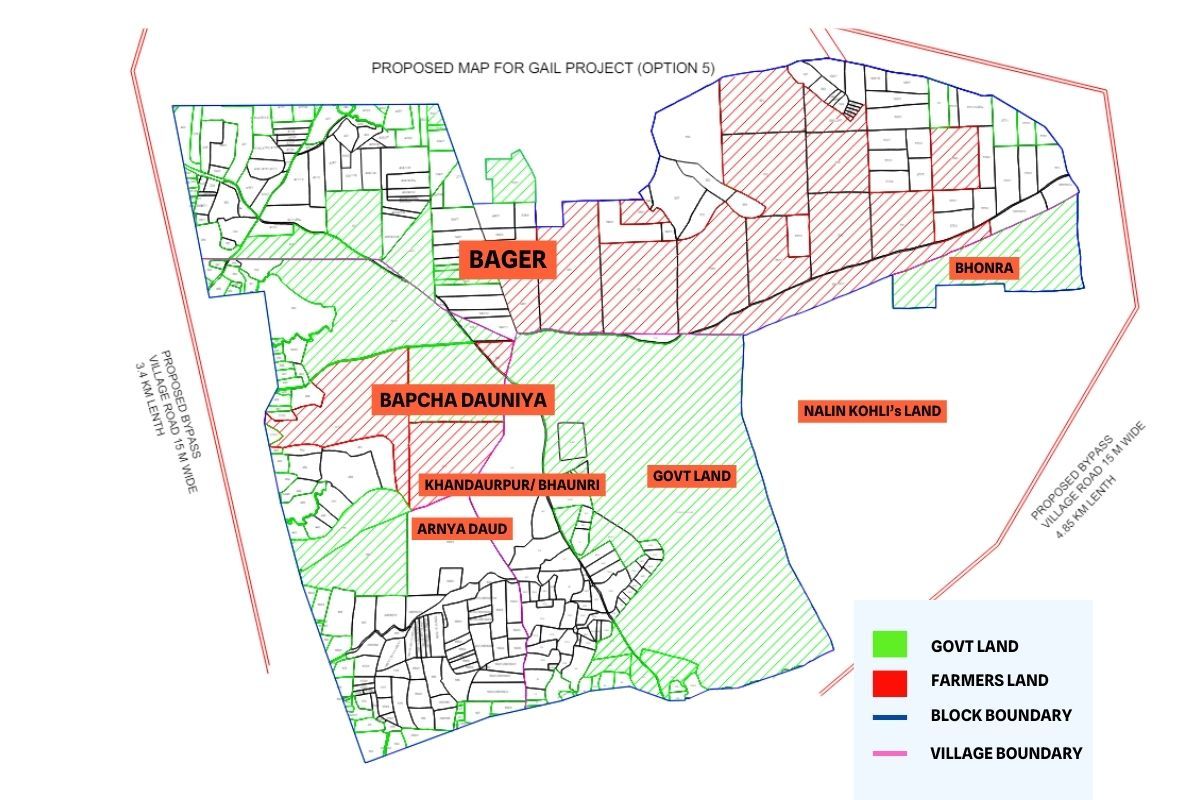
On the other hand, the Kisan Sangh representative also told us that 783 acres of land belonging to Nalin Kohli are lying vacant in the village. The farmers claim that the land is rocky and farming isn’t feasible there. As per a project site map available to them, they raise a question: “Why is the government using the farmer’s fertile land for this plant, leaving the other land aside?”
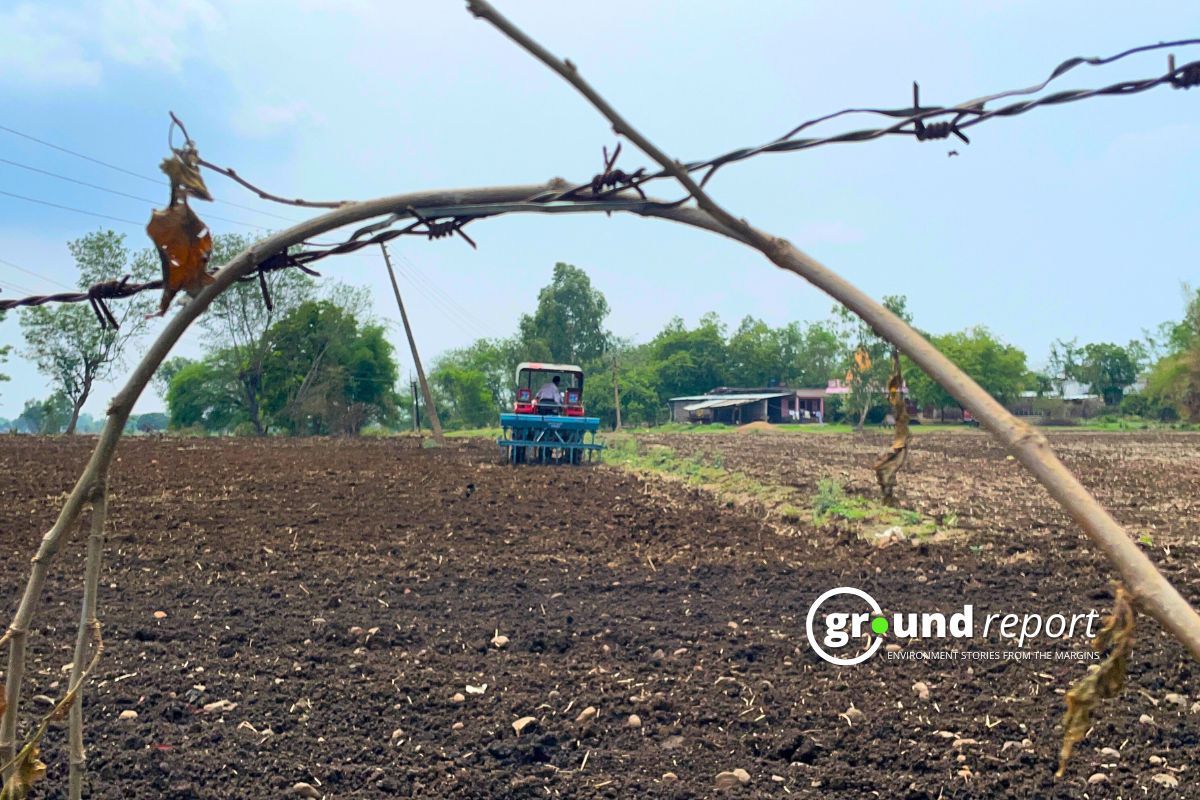
One possible answer is that Nalin Kohli is BJP’s national spokesperson. In 2007, this 783-acre land close to the proposed site was purchased under the name of Kohli Edutech Sanstha at a surprisingly low rate of 25000–35000 rupees per acre. The Dainik Bhaskar report claims that some part of the land acquired by Kohli is government-leased land or Patta. Hence, Kohli’s organisation bought the land without the relevant permission(s) from the collector.
Reportedly, Nalin Kohli has no issues in selling the land to the government for the project.
Environmental risks of the ethane cracker plant
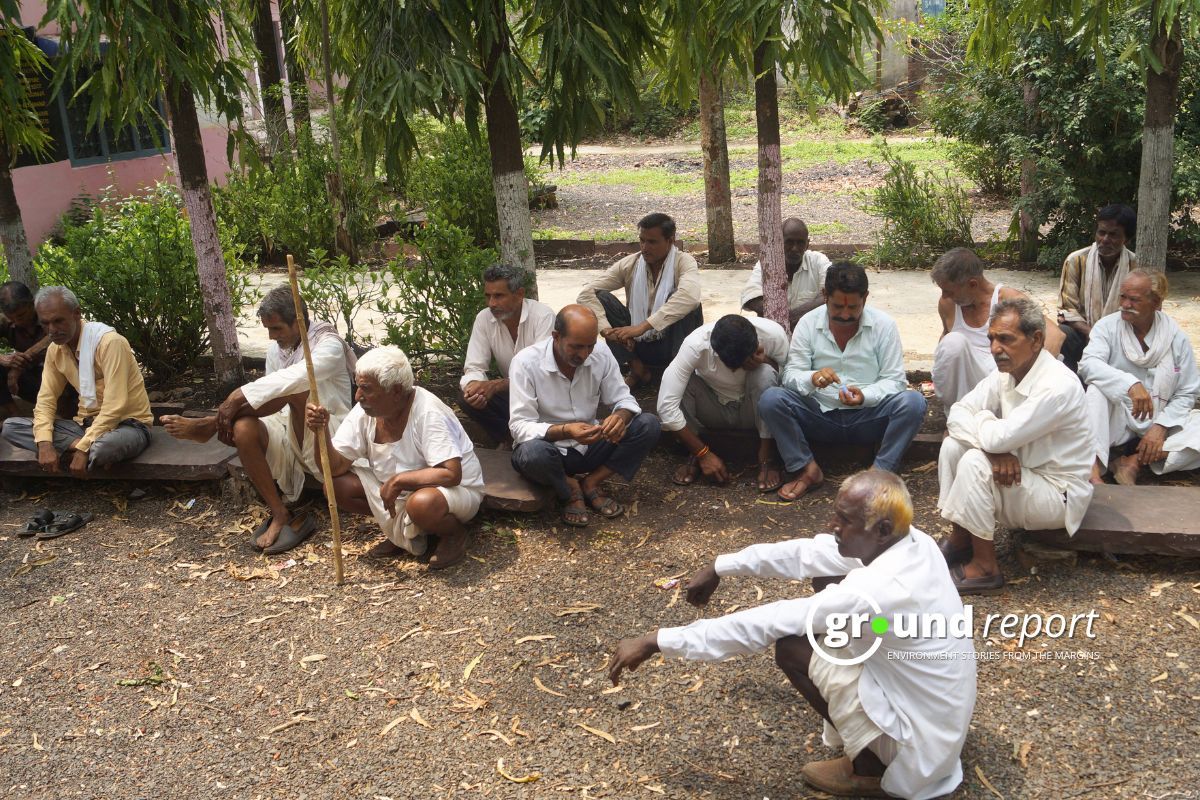
Apart from understanding the value of their land, farmers assert the ill effects of petrochemical factories on the environment as well.
Subhadra says, “We are farmers, and are not uneducated. But, we know that this factory will spew poisonous smoke. If this factory is built, our fields will become barren, and the water will not be fit for drinking.”
Swathi Seshadri, Team Lead, Oil and Gas at Centre for Financial Accountability, Delhi, told us,
“No matter how advanced technology is used, it [a petrochemical plant] is certain to pollute the air, water and soil. Petrochemicals are made from fossil fuels and, in this case, from natural gas. Many chemicals are involved in the process of making petrochemicals, from the time the fossil fuel is extracted to it being cracked for ethane, from which ethylene is produced, which is the cause of cancer, TB, respiratory infections, skin infections and birth-related health problems. Some studies show that approximately 75% of the emissions are released even before the plastic product is made. The community around this plant will face the brunt of this pollution.”
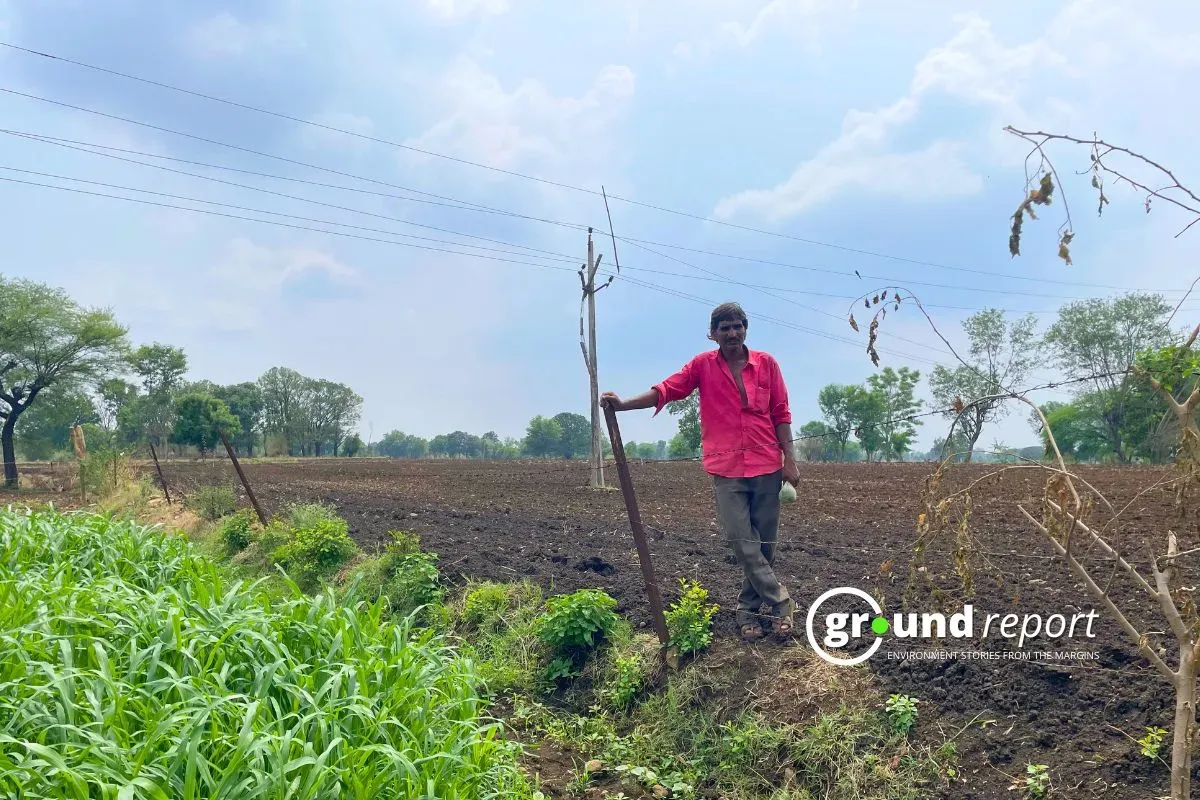
Not just this, the movement of big vehicles and trucks would cause noise pollution, and impact the quality of roads. Furthermore, this kind of factory never shuts down. Even at night, there would be enough light emission to make it seem like it was day. As Swathi said, this can “disturb the mental peace of the people around.”
Petrochemical industries operating in different parts of India are violating rules, at the cost of environment and human health. For example, an investigation by CSIR, and NEERI found that between 2015 and 2019, Panipat’s Indian Oil Corporation petrochemical unit’s pollution caused damage to the health of more than 7500 people. NGT imposed a fine of Rs 44 crores on the plant. But local people say that even today, this plant is ignoring the rules and the toxic gas released from the plant is making their lives difficult. This is not an isolated incident; Down To Earth’s five-article series points in the direction of continuous neglect of public health in favour of the petrochemical industries.
At the Asia Petrochemical Industry Conference 2023, then Union Minister of Chemicals and Fertilizers, Government of India, Mansukh Mandaviya, said,
“India is committed to becoming a trusted partner in the world in the global supply chain of chemicals and petrochemicals,”
Considering India’s commitment to fighting climate change, why are companies, including Public Sector undertakings, still investing in an industry which would emit great amounts of carbon? To this end, Swathi said that companies tied to fossil fuels globally are now investing in petrochemicals production. She further explains that fossil fuels like Oil and Gas are seeing a slowdown in use as an energy source due to the shift to electric vehicles and renewable energy. Petrochemicals and polymers are plan B for these big oil companies.
Challenges and ways forward
Even after land demarcation, no one from the administration or the company has even reached out to talk to the farmers. Some farmers claim the survey team started digging pillars in their private fields.
Some 10–12 km away from the state highway, these villages are naturally beautiful and serene. As one enters Bager, farmers can be seen preparing the fields for the Kharif crops.
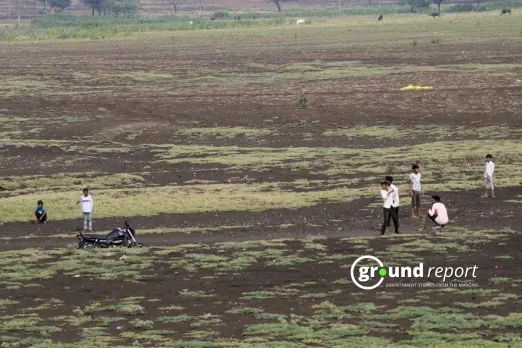
Children from the nearby villages are playing cricket in the semi-dry lake. People quite immediately gather around us to express their grievances, with an expectation of support. After several conversations, it is not difficult to imagine how an ethane cracker factory would challenge their daily lives in the village even with the best of regulations.
Subhadra says, “The government should set up this plant somewhere else. We will not let it happen in our village at any cost. Even if we have to lose our lives. We neither want jobs nor compensation worth crores of rupees; we only want our land.”
Video Report
Keep Reading
Bhopal Losing Green Cover for Urbanization
Tank under construction, dam under repair & Chanderi Village struggles for water?
Follow Ground Report for Environmental News from India. Connect with us on Facebook, Twitter, Koo App, Instagram, Whatsapp and YouTube. Write us at GReport2018@gmail.com and subscribe to our free newsletter.
Don’t forget to check out our climate glossary, it helps in learning difficult environmental terms in simple language.


